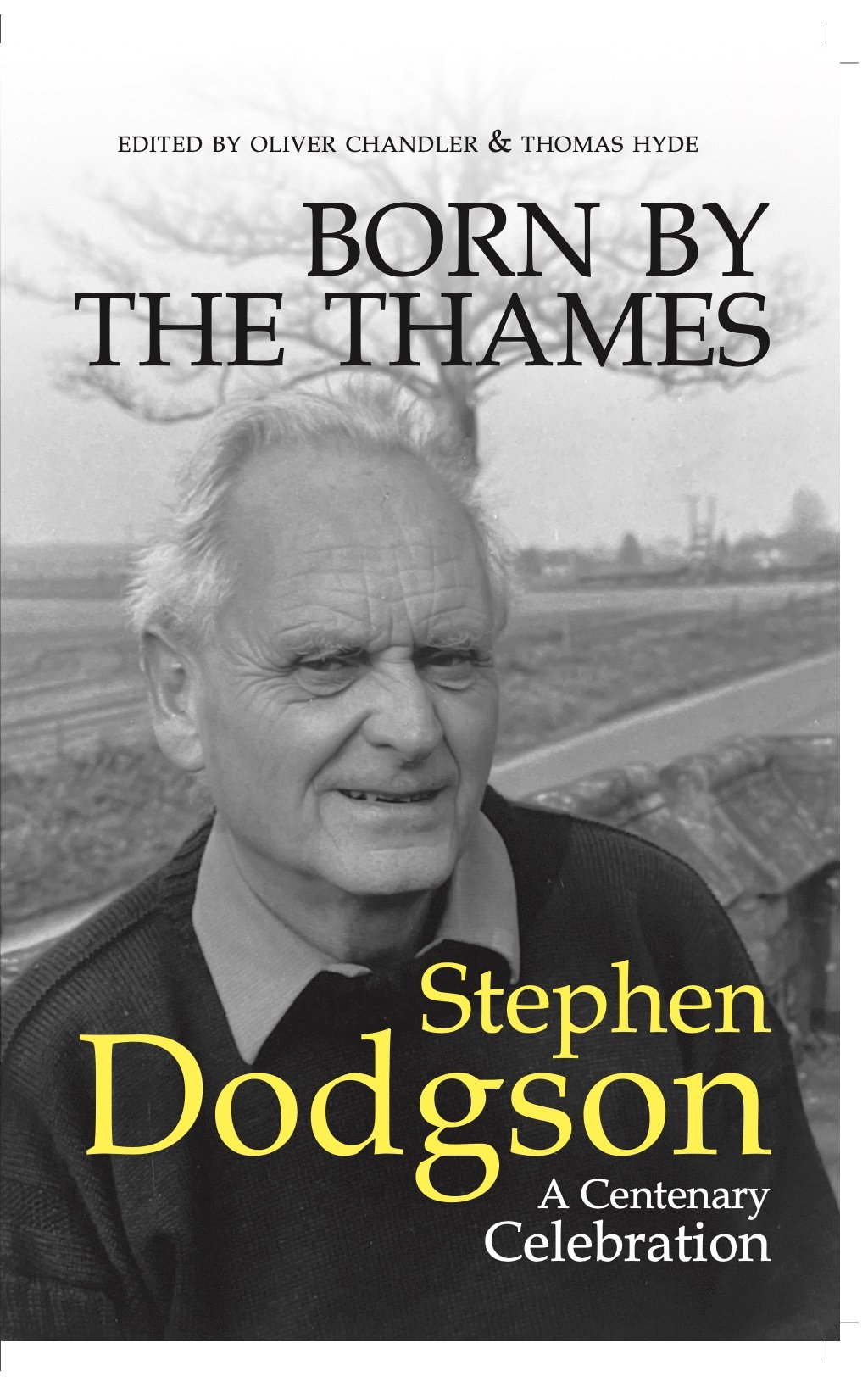
Phillip regularly writes about music for different publications.
Recent Writings
-

I Am
The word själv isn’t an easy one to translate into English, for like many Nordic words it holds deep national and cultural resonances that are difficult to replicate in other languages. In its broadest sense it relates to the self, to be by oneself, to be alone and to possibly be aware of the different feelings that are associated with this solitude – loneliness, perhaps, but not always in a negative and destructive manner – something deeper and more nuanced that is encountered by many in the modern world. This recording explores key ideas of nature, masculinity, the soul, loneliness and an anxiety at feeling out of time with the rapidly changing world.
-
Born By The Thames: Stephen Dodgson, A Centenary Celebration
Try to guess the opera that I am describing. It shouldn’t be too hard if you have even a passing interest in twentieth-century British music or the operatic repertoire. In fact, you may well hazard a guess at this opera from the very first piece of information I give you. It is set in early nineteenth-century Suffolk, has a prominent watery backdrop, there are accusations of wrongdoing, madness, regret and the destiny of the protagonist (who gives their name to the opera) is ultimately in the hands of others who may want to enact their own justice on our central character. I’m guessing there is only one work that is springing to mind…
-

Where Light and Shade Repose: Judith Bingham at 70
‘Composing was always the main thing, right from when I was a small child. In my teens I thought I might be an actress as well, but I grew out of that as the singing took over.’ These are the honest and beguiling words of one of the country’s leading composers who celebrates her seventieth birthday this year, a composer who has continually written powerful, colourful and dramatic works across the genres since her first pieces in the early 1970s. A composer whose oeuvre straddles monumental orchestral canvases, characterful concerti, a plethora of idiomatic organ pieces and a lifetime’s work writing for the voice in all its many guises.
-

Everyday Wonders: Cecilia McDowall at 70
‘I always enjoyed creating and writing pieces when I was very young, and I loved improvising, much to the despair of my mother who thought I should be doing something useful like actually practising the piano.’ These could be the words of any composer from the past centuries, echoing down the years, resonating with any artist whose creativity resulted from early experimentations and explorations rather than trying to blindly replicate the works of those that had gone before. How many of these improvisations were the nascent beginnings of composers who were earmarked for careers as doctors, lawyers, civil servants, or concert pianists?
-

James MacMillan Organ Works
James MacMillan’s compositions for organ represent a small, but steadily increasing body of work that covers almost the entirety of the composer’s career to date, from experiments with Scottish traditional music in the early 1980s through to substantial virtuosic fantasias from his sixtieth year. Though the pieces for solo organ are only a slight, but colourful strand of MacMillan’s artistic fabric, they are some of his most personal and intimate creations, often written as wedding gifts for family, friends and for the composer’s own bride on their wedding day in 1983.
-

A Song on the End of the World: Francis Pott
Francis Pott (b.1957) is one this country’s most distinctive and original composers, with a distinguished corpus of works reaching back over 35 years and representing an individual artistic voice, honed through a lifetime’s performance and study of music. Pott’s compositional style is multi-layered: on the one hand instantly recognisable, with a distinctive thumbprint to each work showing the hand of a master technician and craftsman; on the other it can often be elusive and ephemeral, with beautifully-wrought choral miniatures vying with grand oratorios interrogating the very nature of human existence.
-

Raising Sparks: James MacMillan at 60
A major anniversary seems as good a reason as any to assess the life and work of a composer, with a sixtieth anniversary perhaps the most auspicious celebration: it is not bound up with youth, nor early promise, nor is it the grand retrospective that comes with much later birthdays, but an appropriate time to evaluate an artist’s career, their oeuvre and their impact in the wider world. James MacMillan will be 60 in July 2019, with this short introduction to his life and music perhaps being the first of many well-wishes and celebrations in his anniversary year.
-

‘Shrouded in doubts and fears’: The Liturgical Music of James MacMillan
It is quite reasonable to state that since the death of John Tavener in 2013, there has not been a British composer who is so inextricably linked to their faith as is James MacMillan; for if MacMillan is synonymous with one thing that would be his Catholicism, which has been a constant source of inspiration, direction and solace since his very earliest compositions. For a composer whose published output now exceeds over 250 works, it is perhaps no surprise to find that a large proportion of these are sacred in nature, or feature an aspect of the composer’s faith as an overt influence.
